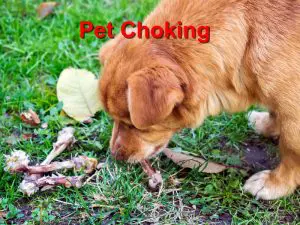If your dog was attacked or got into an altercation and got bit by another dog, then you will need to provide prompt care. Even though bite wounds may look relatively small and minor, they can create the perfect environment for bacteria growth. If untreated, dog bites may lead to abscess, infection and other health complications. Learn more tips about what to do and when to get veterinary attention when dealing with dog bites.
What to do after the bite
The first step you should take when you notice that your dog has been bitten is to remove them from that situation. You can walk them away and check their gait as well as any bleeding. If the dog is unable to walk, then you can carry him away from that site.
Evaluating the dog bite
Generally, it is advisable to take your dog to the veterinarian to get the bite wounds properly assessed. Keep in mind that bits are both shearing and crushing injuries that damage the tissues below the skin. There could be nerve damage or bleeding under the dog’s skin. Additionally, certain body parts like the neck, torso, legs or around joints are often more vulnerable to complications after a bite.
How to treat dog bites
Your vet will perform an in-depth wound assessment, cut the surrounding fur and then disinfect the site before applying antibiotics. Your dog may also get pain medication to minimize the discomfort. However, when dealing with severe or infected bites, then extensive treatment under anesthesia may be required. Your vet will also evaluate your dog and determine whether quarantine for a few days and a rabies booster is necessary.
How to prevent infections after dog bites
It is essential to prevent infections caused by dog bites. That means you should prevent your dog from scratching or licking their wounds. The Elizabethan collar offers a barrier that prevents the dog from reaching the wound site and causing potential recontamination.
Conclusion
Dogs generally don’t like aggressive or dangerous situations. That is why they will give several warning signals like barking before they bite. Therefore, you must do your best to prevent your dogs from experiencing the anxiety or fear that may cause them to bite other dogs. Proper behavioural training of your dogs will help you to avoid any risky situations. Finally, remember to visit your veterinarian for all dog bite wounds to avoid infections and other health complications.\
References: Daily Paws, PDSA, PetMD





